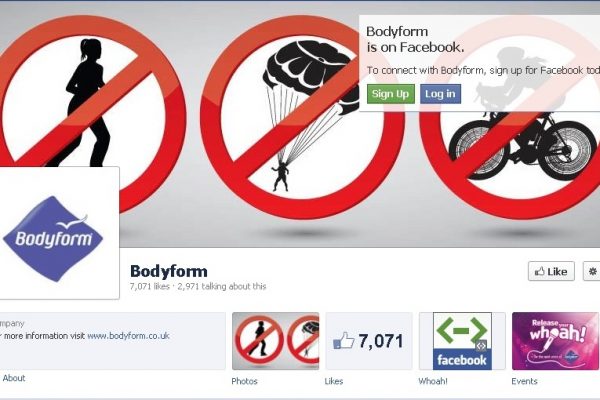I know it’s not exactly thrilling to hear about other people’s dreams, but I’m going to tell you about mine anyway, so buckle up.
Last night, I dreamt that I was expected to be the lead actor in a play. The rest of the (memorable) part of the dream involved me sobbing loudly and begging my mum to get me out of it.
Now, psychologists may say that this dream has profound messages about grief and being an “adult orphan”. But it could just mean that I’m a 16-year-old in a 39-year-old’s body (and that I shouldn’t have eaten Haribo after 3pm, or, possibly, at all).
We’re all burnt out (okay, fine, not all of us – some of you are superhuman or have healthy coping mechanisms, we get it).
Many of us have questioned aspects of our lives that cause us pain or annoyance over the past few years. How can we make things better? Will we ever get back on a normal sleep schedule? Will this coverage spreadsheet be my magnum opus?
Gallup recently found that US employee engagement has dropped for the first time in ten years. Am I the only one not surprised that employees are, perhaps, a little distracted right now?
We’re still in a global pandemic. We may be moving into the “live with it” stage, but even that will take a hefty adjustment for many of us. Most people have a lot of background processes running in that brain that’s also desperately trying to focus on KPIs and not looking annoyed on Zoom calls.
How can businesses re-engage their employees?
That’s the question I see a lot when I search on this topic.
I think the first step is to stop thinking about people as “employees”. It can feel like work is the primary defining thing in your life and that businesses reinforce that perspective.
It feels very “look, Barry, we need you to get your mojo back so we hit our KPIs so chin up duck”.
If leaders want to improve the morale of people on their teams, they need to be aware of who they are as individuals and what helps and motivates them.
1. Explore what makes people tick
It’s easy to imagine that a major event like the pandemic results in many of us questioning what our purpose is and if our jobs help us live them. (Or aren’t so demanding that we have no energy to pursue our purpose outside of work.)
Leaders and managers who take the time to get to know the people on their teams stand a better chance of knowing what the business can do to support their purpose, which will help to keep people engaged in their work.
2. Understand that there’s more to life than work
Some of us can become too invested in work. We pour everything into it at the expense of our personal lives, hobbies and families. The pandemic has shifted priorities for many people – showing them that, in reality, other areas of their lives are at least equally as important as work.
Healthy companies understand and encourage this mindset and look for ways to create a more flexible and empathetic culture. It’s these businesses that will thrive in the long run.
3. Accommodate people’s working preferences
Virtual working is a must for me. The first company I worked for had a massive open-plan office where we sat at banks of desks overhearing hundreds of simultaneous conversations – it was an introvert’s nightmare! But some people get their energy and inspiration from being in the same room as their team.
We’re becoming more aware of what sort of working environment helps or hinders our ability to connect and collaborate.
While some businesses are working towards hybrid models, it’s a good idea to have a flexible attitude towards people setting their own schedules. Requiring everyone to be in the office, for example, will create some disengagement and eventually, people will look for an employer that suits their style.
4. Make it easy to get substantial work done
Is it easy for people to get their work done when they’re most able to do it? Since having focus management training with Rachel Boothroyd, our team are much more aware of how our ability to do focused work changes throughout the day.
Each of us tries to structure our days so that we do focused work when it’s easier for us to concentrate.
Do the people on your teams have time to make progress on their goals? Or are they struggling through unnecessary meetings and other interruptions?
Even people who aren’t thinking about promotion want to feel like they’re progressing. Businesses that make it easy to focus on important work and that support their people in achieving their personal development goals – are likely to benefit from more engaged employees.
Businesses that do all of this (and more) will still have disengaged people on their teams from time to time – because we’re human! No one’s productive or “super-happy peppy employee of the month” all the time.
But leaders who excel at people management will find it much easier to know how they can help people who are struggling.
–
Featured image by Zachary Nelson on Unsplash






